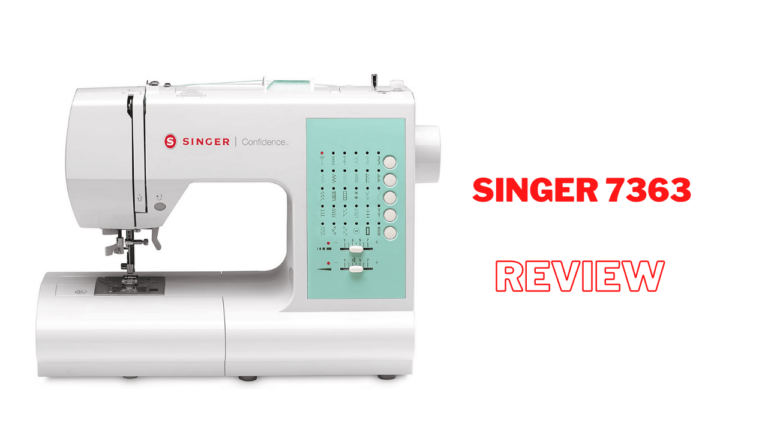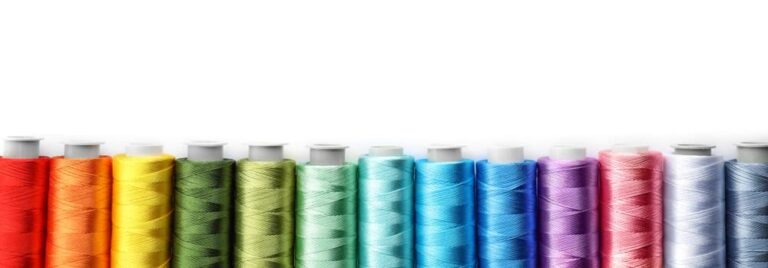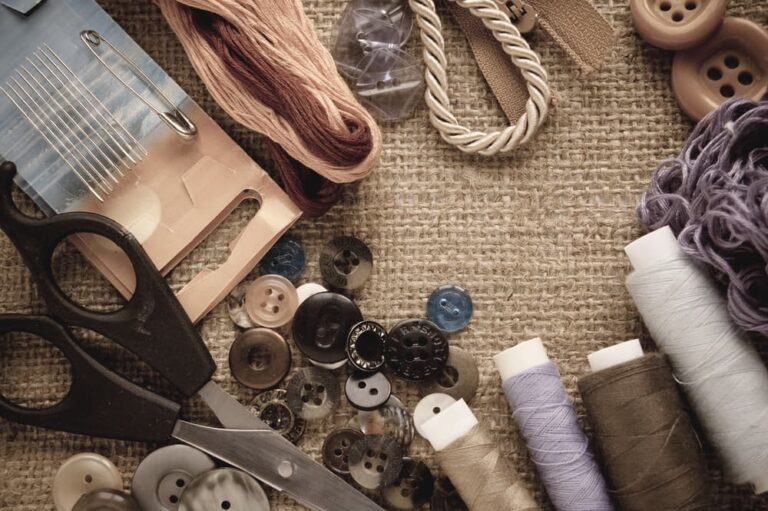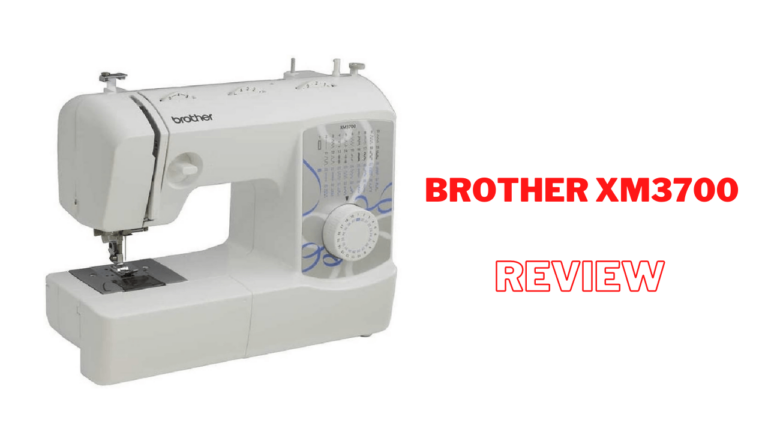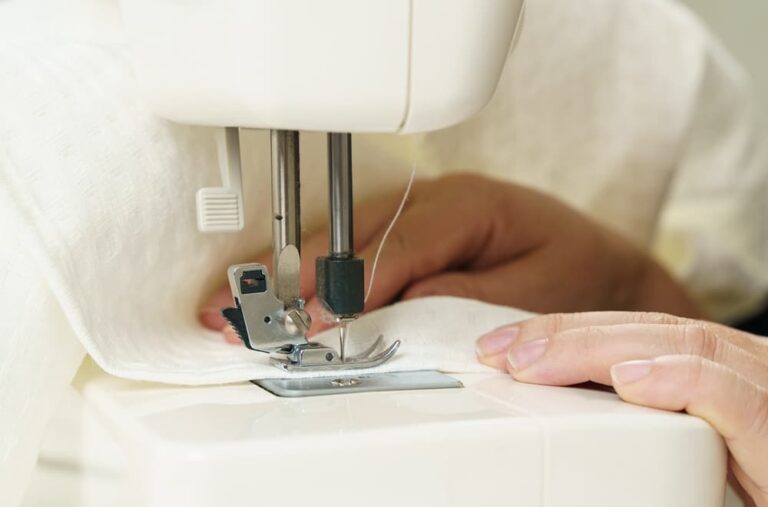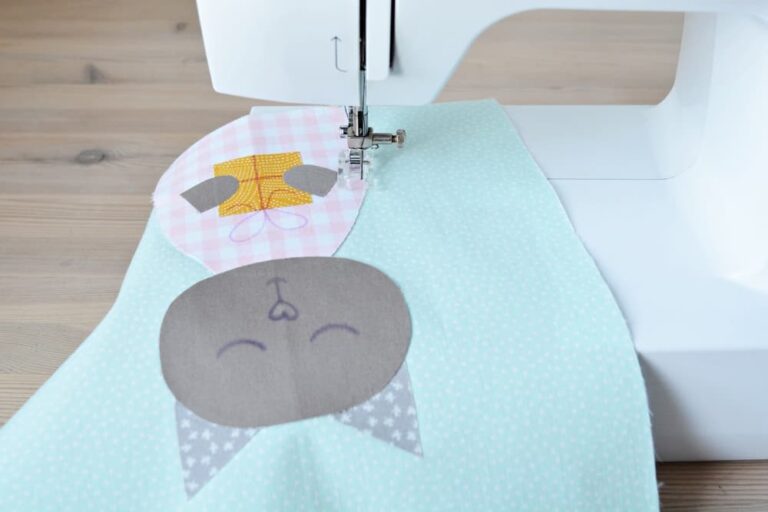Choosing the Right Embroidery Thread for Your Project
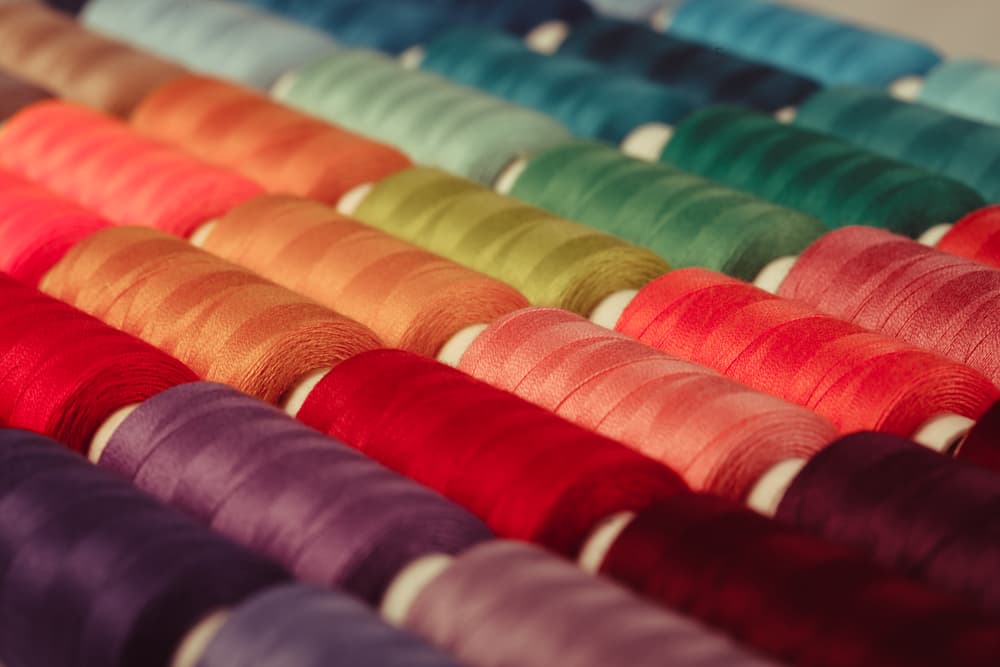
Embroidery, the art of decorating fabric with needle and thread, has been a cherished skill across cultures for centuries. Today, it remains a popular hobby and a lucrative business venture. The key to creating stunning embroidery lies not only in skill and design but also in the selection of the right materials, most notably, the embroidery thread.
The desire for the correct thread no longer affects only the visual charm of the finished piece but also its durability and maintenance requirements. For example, instruments that can require regular washing or outdoor exposure require yarns such as polyester, which is known for its colour fastness and resistance to wear.
Furthermore, the method of choice also necessitates considering the weight of the thread, which affects the texture of the embroidery and the detailing stage. The key to a successful embroidery project is ensuring the thread matches the fabric, resulting in a beautiful piece of art. Let us understand the types of embroidery threads available.
Types of Embroidery Threads
Embroidery threads come in various types, each offering unique characteristics and benefits. Here are the most commonly used threads in the embroidery industry:
- Rayon: Known for its brilliant shine and smoothness, rayon thread is a popular choice for machine embroidery. Its lustrous appearance enhances the beauty of the design but requires careful handling due to its somewhat fragile nature.
- Polyester: Polyester thread is celebrated for its strength, colourfastness, and durability. It can withstand high-speed embroidery machines and harsh laundry conditions, making it an ideal choice for items that require frequent washing.
- Cotton: Cotton thread offers a beautiful, soft matte finish, preferred for its traditional look. Available in various weights, it’s perfect for quilting and redwork. However, it’s less strong than polyester and rayon, making it suitable for projects that are not subject to heavy wear.
- Silk: Silk thread, with its unparalleled sheen and natural fibre quality, is perfect for projects that demand a touch of luxury. It’s strong, yet very fine, making it excellent for detailed work and heirloom-quality embroidery.
- Metallic: Metallic threads add a dazzling, festive touch to any project. While they create stunning effects, they can be challenging to work with and may require special handling and machine adjustments.
Choosing the Right Thread for Your Project
The selection of the right thread depends on the nature of your project, the desired effect, and the fabric being used. With these factors in mind, carefully selecting the embroidery thread that meets your project’s needs in terms of durability, appearance, fabric type, machine compatibility, and environmental impact will ensure your work not only looks stunning but also stands the test of time and aligns with your values. Consider the following factors when choosing your embroidery thread:
- Durability: If the item will be washed frequently or exposed to harsh conditions, opt for polyester due to its strength and colourfastness.
- Appearance: For projects requiring brilliance and sheen, rayon and silk are excellent choices. For a more subtle, classic look, consider cotton.
- Fabric Type: Lightweight fabrics work well with finer threads like silk, while heavier fabrics can support the weight of thicker cotton or polyester threads.
- Machine Compatibility: Ensure the thread you choose is compatible with your embroidery machine, especially if using metallic or very fine threads, as these may require specific needles or settings.
- Environmental Impact: For those concerned with sustainability and environmental footprint, it’s important to consider the eco-friendliness of the thread. Cotton, being a natural fibre, is biodegradable and often considered more environmentally friendly, though organic options offer the lowest impact.
Final thoughts!
Choosing the proper embroidery thread includes thinking about the task’s material type, preferred durability, and aesthetic effect. A polyester thread is famed for its elasticity and colourfastness, making it appropriate for objects often washed or uncovered in harsh situations. For initiatives requiring a sleek end, rayon and silk are exquisite picks, while cotton gives a subtle, conventional appearance.
The first-class thread for all-around use is polyester because of its versatility and durability. Thread choice is also inspired by weight, with decreased numbers indicating thicker threads ideal for ambitious designs, and higher numbers for finer, distinct work. Ultimately, the choice of thread can extensively affect the advent and durability of your embroidery mission.

